A car travels north with a uniform velocity. It goes over a piece of mud which sticks to the tyre. The particles of the mud, as it leaves the ground are thrown
Vertically upwards
Vertically inwards
Towards north
Towards south
The correct Answer is:D
Step by step video, text & image solution for A car travels north with a uniform velocity. It goes over a piece of mud which sticks to the tyre. The particles of the mud, as it leaves the ground are thrown by Physics experts to help you in doubts & scoring excellent marks in Class 11 exams.
Topper's Solved these Questions
Similar Questions
A man walks towards east with certain velocity. A car is travelling along a road which is 30∘ west of north. While a bus is travelling in another road which is 60∘ south of west. Find the angle between velocity vector of
(a) man and car (b) car and bus
(c) bus and man.
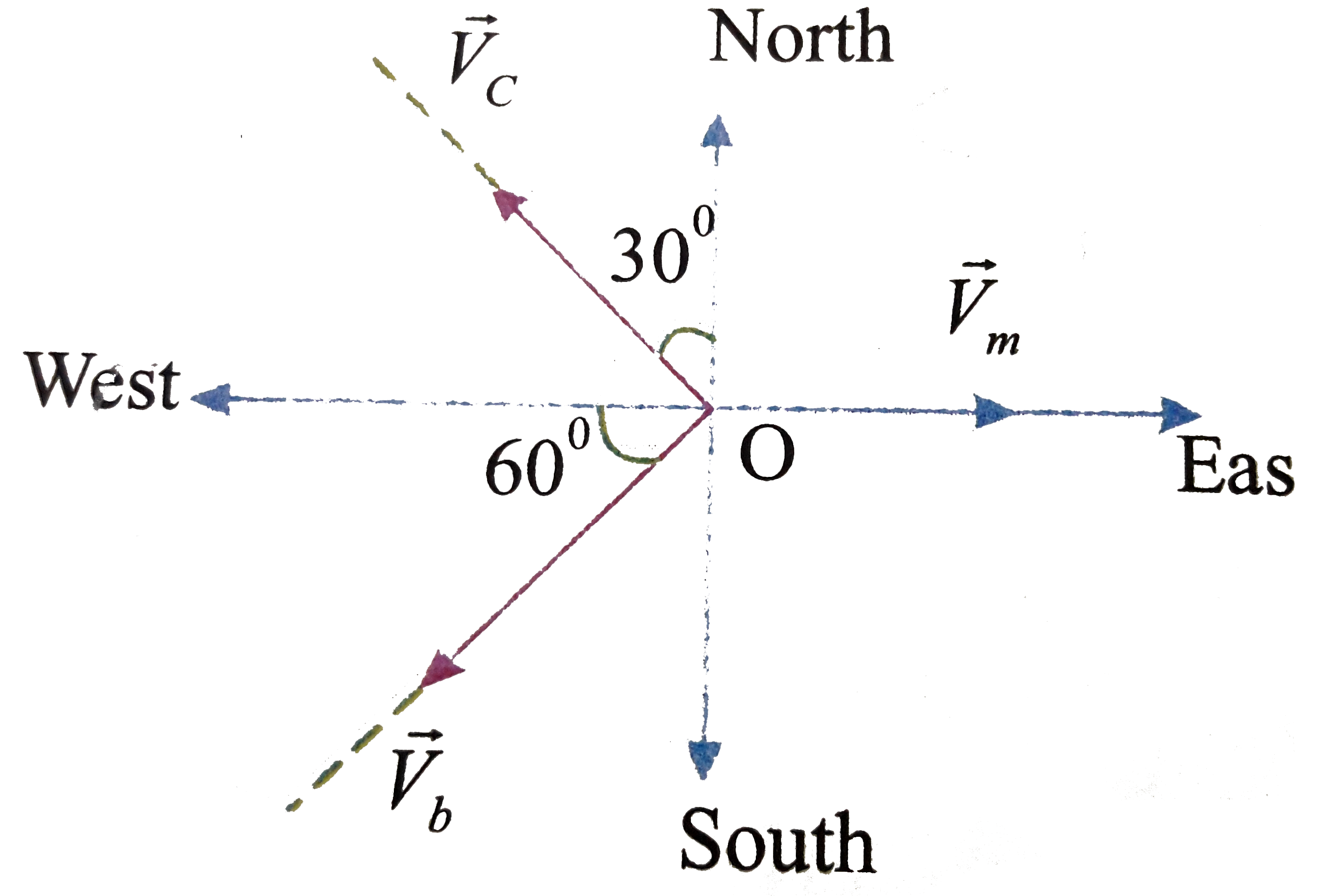 View Solution
View SolutionThe roadway bridge over a cannot is in the form of an arc of a circle of radius 20 m. what is the maximum speed with which a car cann cross the bridge without leaving the ground at the highet point ?
View Solution
Knowledge Check
- Question 1 - Select One
A particle is thrown vertically upwards with a velocity v. It returns to the ground in time T. which of the following graphs correctly represents the motion ?
A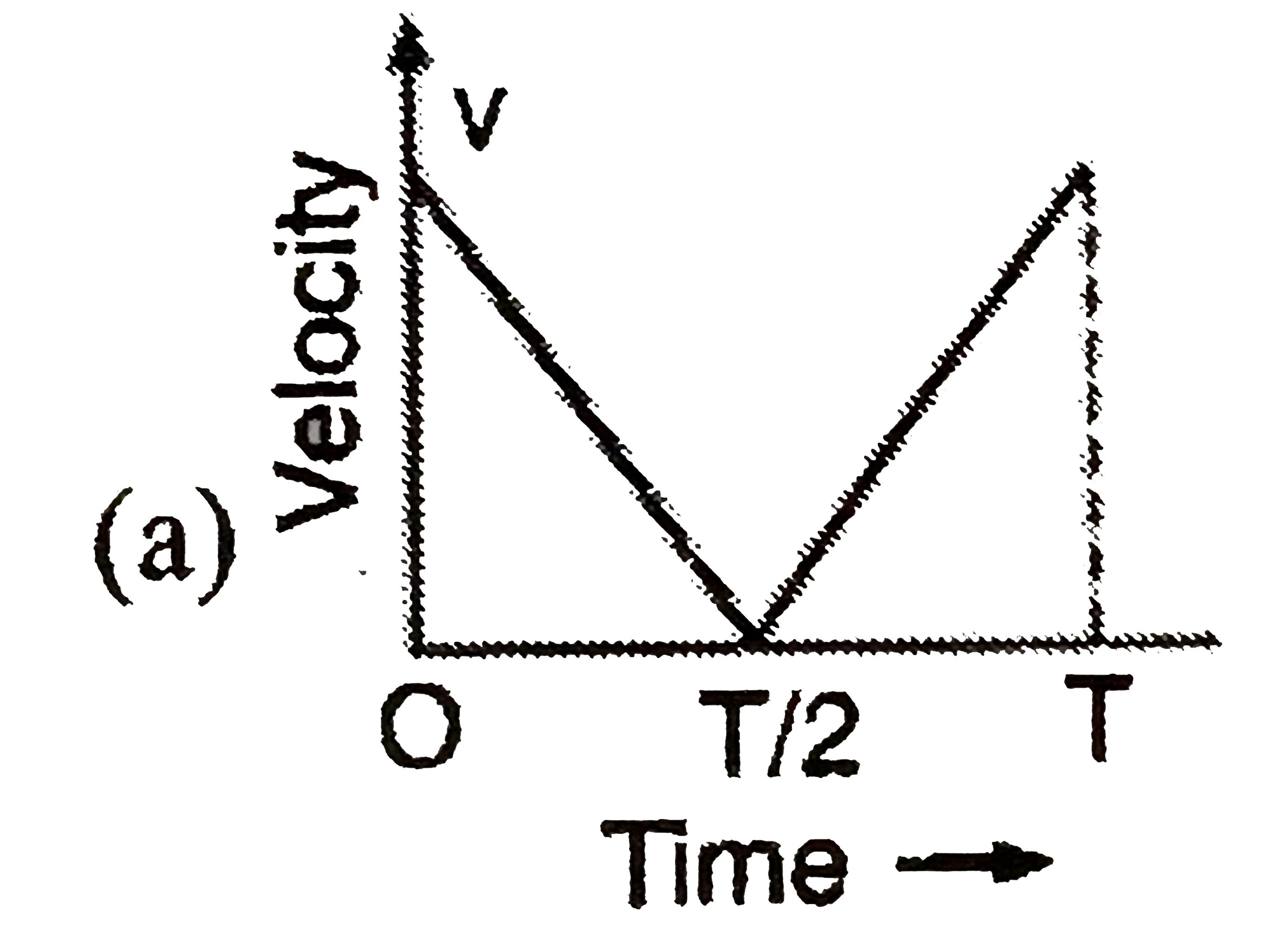 B
B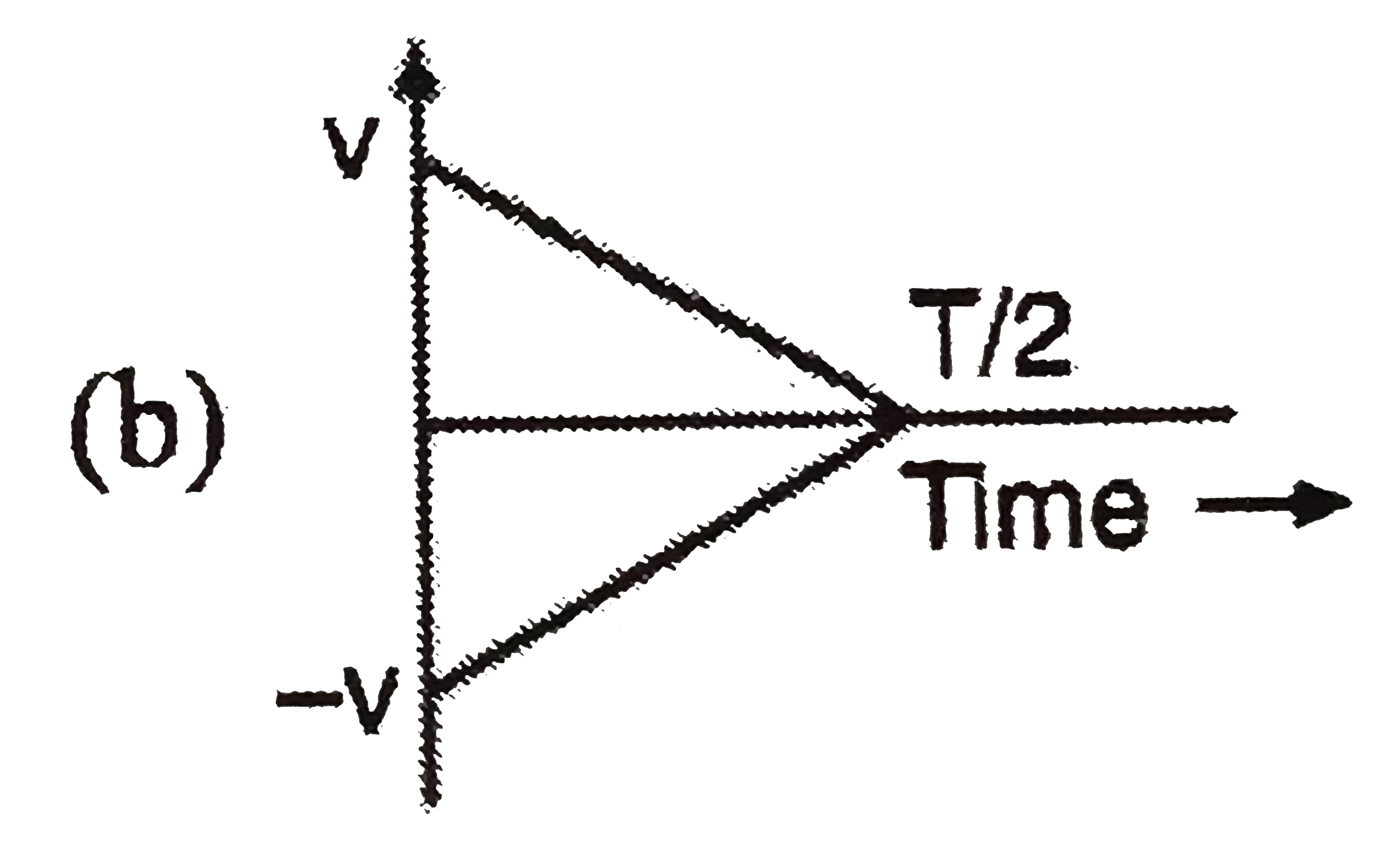 C
C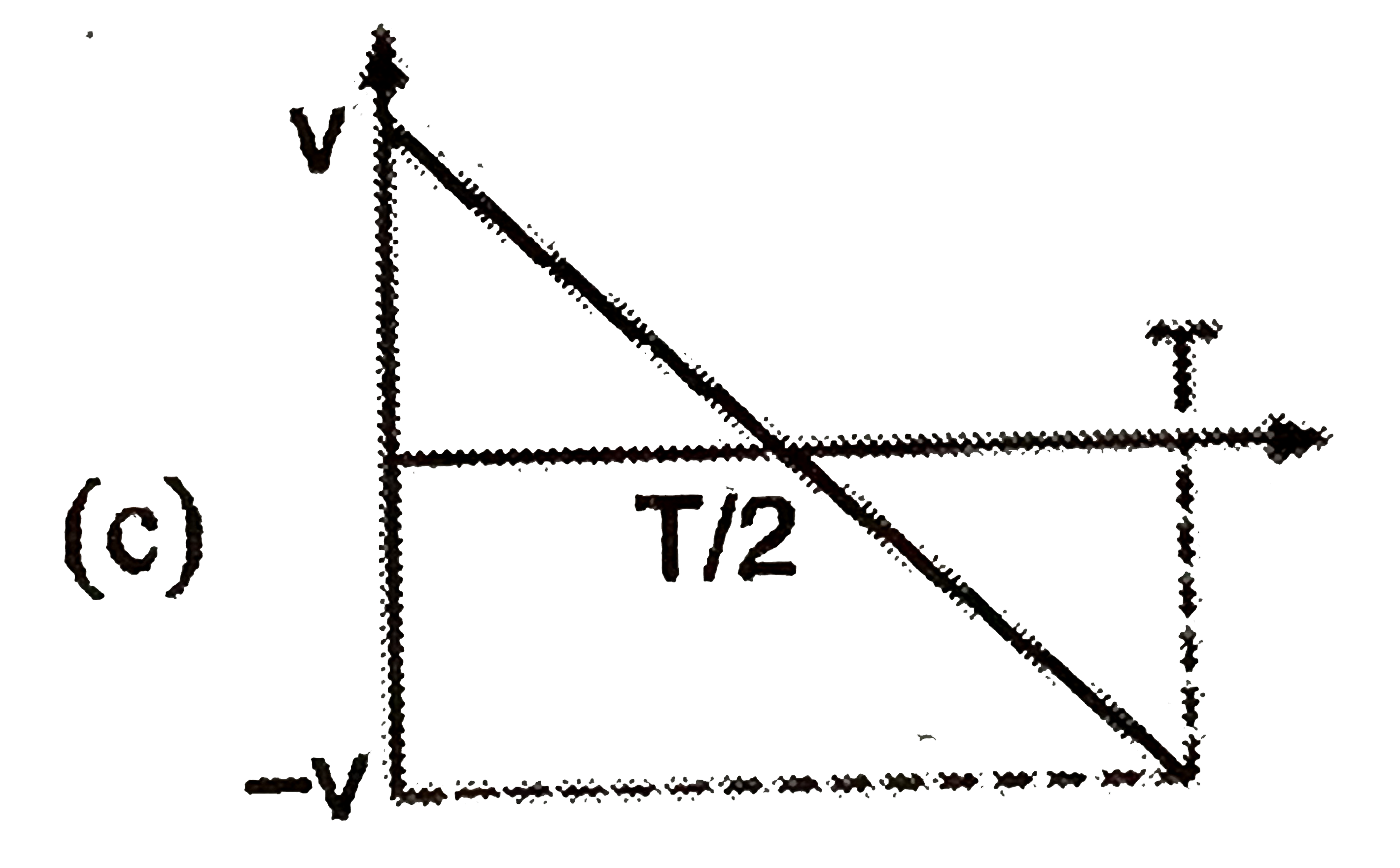 D
D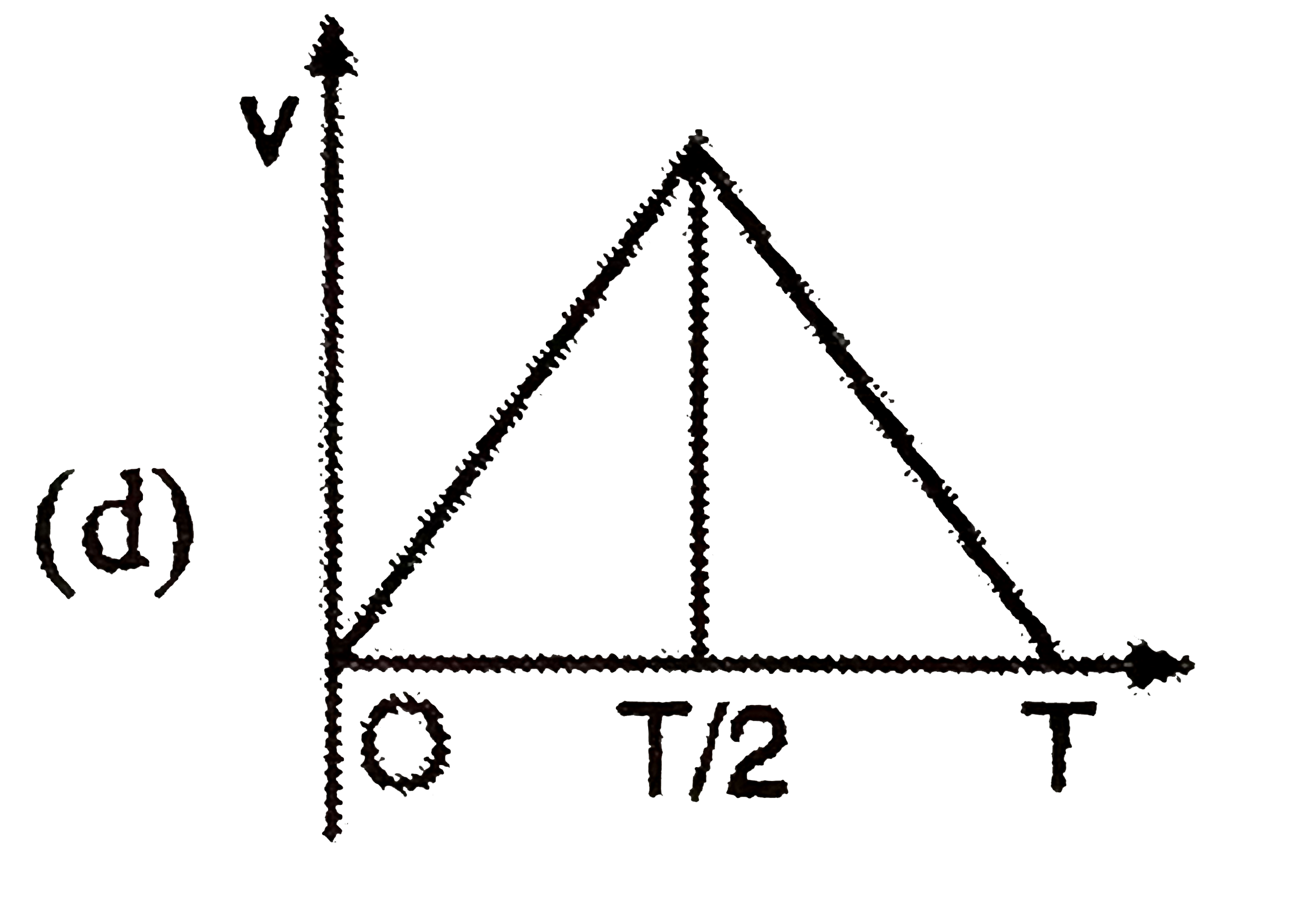
- Question 2 - Select One
A cracker is thrown into air with a velocity of 10m/s at an angle of 45∘ with the vertical. When it is at a height of 0.5m from the ground, it explodes into a number of pieces which follow different parabolic paths. What is the velocity of centre of mass, when it is at a height of 1m from the ground? (g=10m/s2)
A4√5m/sB2√5m/sC5√4m/sD10m/s - Question 3 - Select One
A car is moving with speed v and is taking a turn on a circular road of radius 10 m. The angle of banking is 37∘. The driver wants that car does not slip on the road. The coefficient of friction is 0.4(g=10m/sec2)
If the car were moving on a flat road and distance between the front tyres is 2 m and the height of the centre of the mass of the car is 1m from the ground, then, the minimum velocity for which car topples is :A5m/secB5√3m/secC3√5m/secD10m/sec
A roadway bridge over a rivulet is in the form of quarter of a circle of radius 60 m. What is the maximum speed with which a car can pass over the bridge without leaving the ground at any point ?
View SolutionA particle is unchanged and is thrown vertically upward from ground level with a speed of 5√5 m//s in a region of space having uniform electric field As a result, it attains a maximum height h. The particle is then given a positive charge +q and reaches the same maximum height h when thrown vertically upward with a speed of 13m/s Finally the particle is given a negative charge -q Ignoring air resistance determine the speed (in m//s) with which the negatively charged particle must be thrown vertically upward, so that it attains exactly the same maximum height h.
View SolutionA 200m - wide river flows due east at a uniform speed of 2.0 m//s . A boat with a speed of 8.0 m/s relative to the water leaves the south bank pointed in a direction 30∘ west of north . What are the (a) magnitude and (b) direction of the boat's velocity relative to the ground ? ( c) how long does the boat take to cross the river ?
View SolutionA particle A of mass 2m is held on a smooth horizontal table and is attached to one end of an inelastic string which runs over a smooth light pulley at the edge of the table. At the other end of the string there hangs another particle B of mass m, the distance from A to the pulley is l. The particle A is then projected towards the pulley with velocity u.
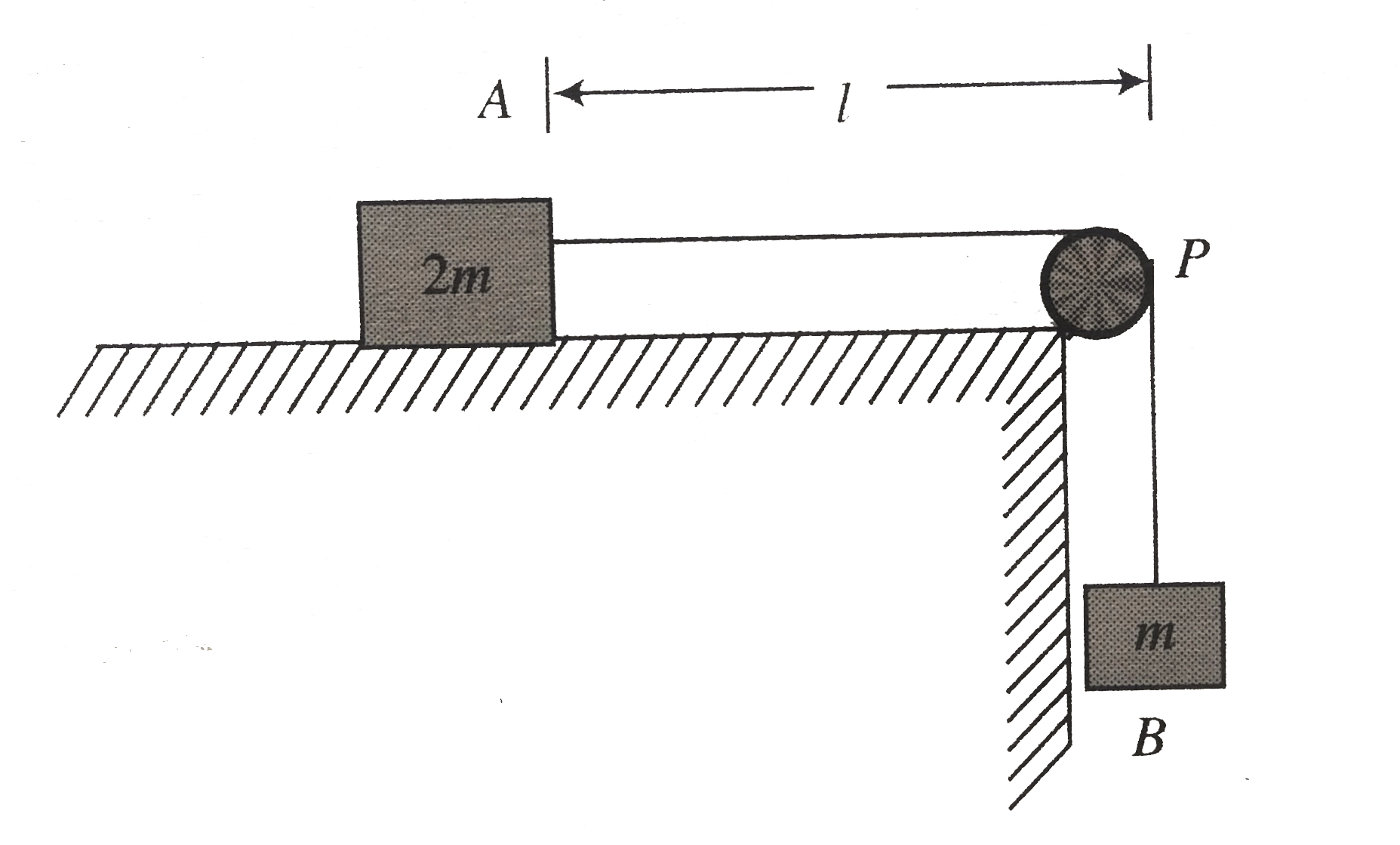
(a) Find the time before the string becomes taut, and shown that after the string becomes taut, the initial velocity of A and B is 4u/3.
(b) Find the common velocity when A reaches the pulley (assume that B has not yet reached the ground).View SolutionA national roadway bridge over a canal is in the form of an arc of a circle of radius 49 m. What is the maximum speed with which a car can move without leaving the ground at the highest point? (Take,g=9.8ms−2)
View Solution

